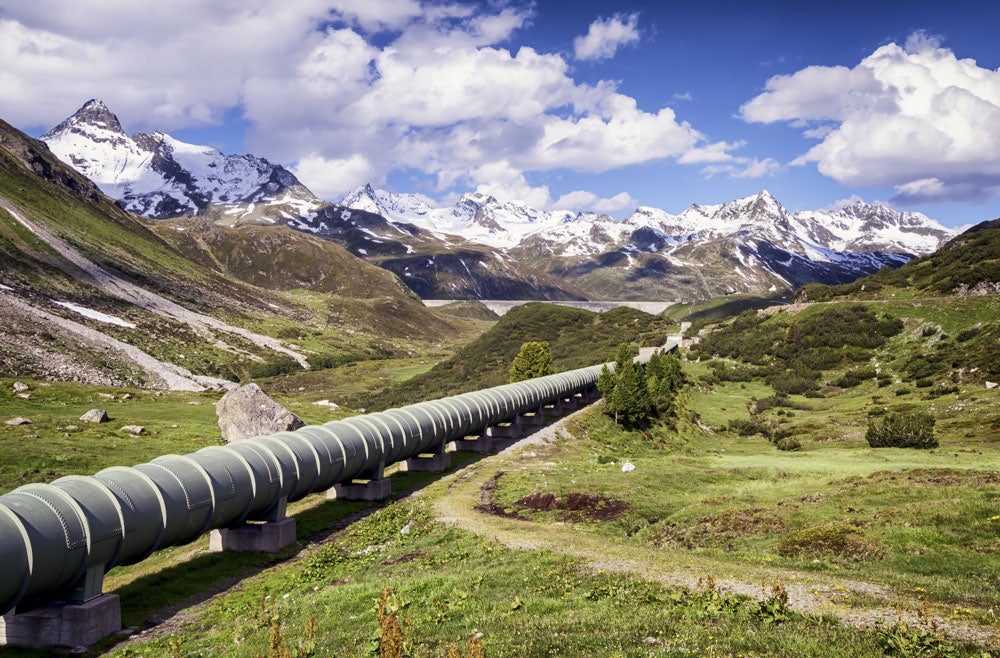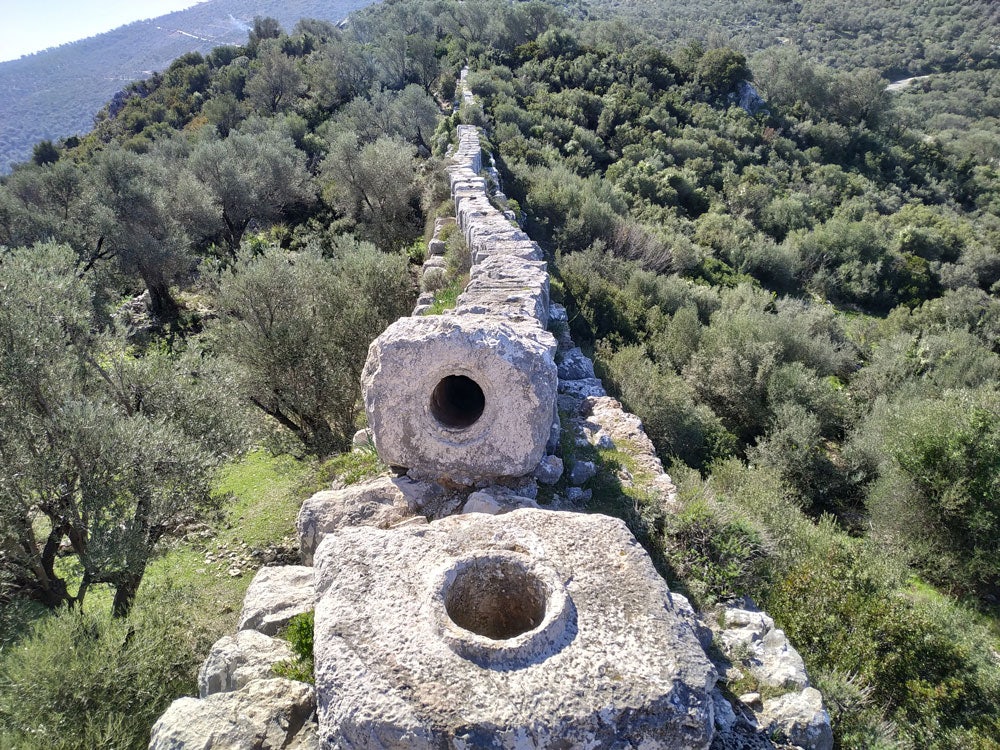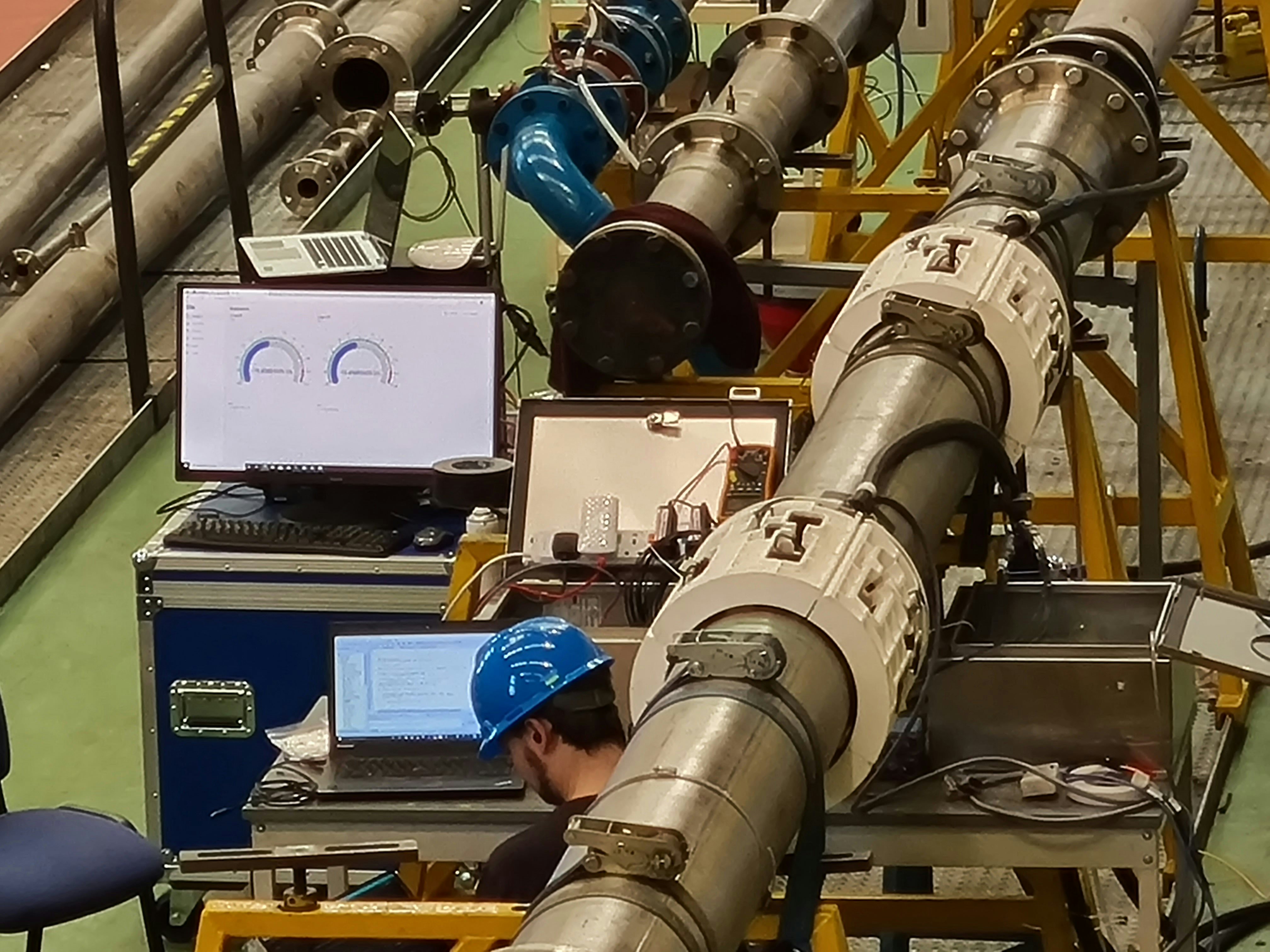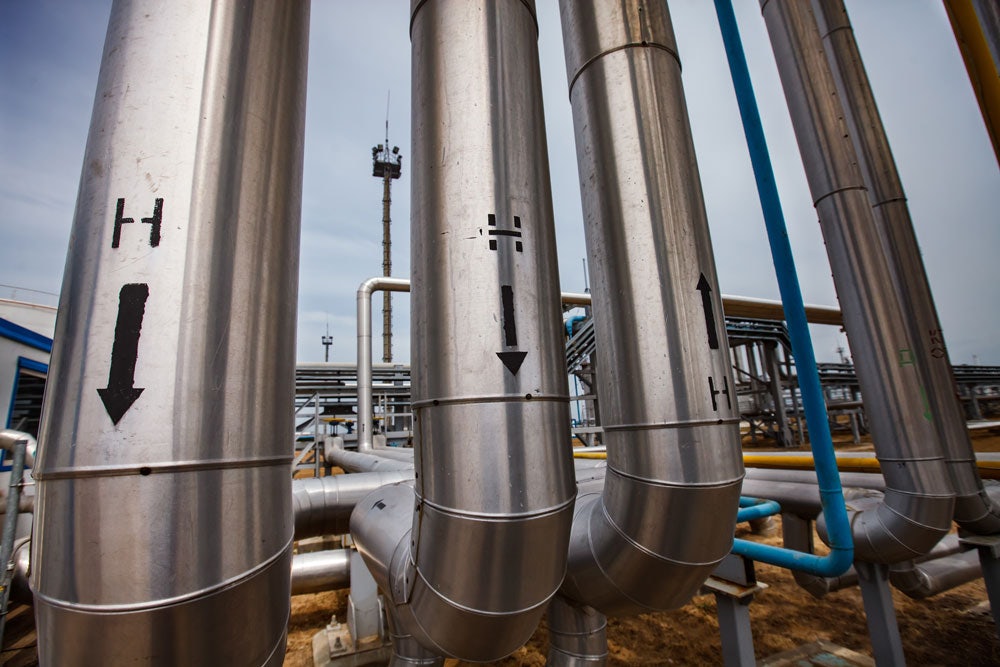Why do we need pipelines?
Pipelines transport the resources that fuel our world. Without pipelines providing a constant flow of resources such as oil, gas, water, and hydrogen, our lives would look very different.

In this article, we will explore why we all need pipelines and why it is important to optimise their performance.
A brief history of pipelines
Pipelines have nearly always transported our most valuable resources. Pipes were in use as far back as 4,000 BCE when the Babylonian Empire’s sewage system used pipes made from clay. Similarly, ancient Mayan, Greek, Egyptian, and Roman civilisations all used clay and stone pipes to transport water and sewage.
More recently in the 1800s, the first crude oil pipelines were constructed out of wood in the United States. The first metal pipelines were also built in the US in the early 1900s. Closer to home, the city of London built an underground sewage system consisting of many pipes in the 1800s. Before the sewage system, the Thames acted as an open-air sewage that spread diseases like cholera.
Today, there are millions of kilometres of pipelines in the world, all transporting a wide variety of resources like water, oil, gas, fuel, and hydrogen. Without the valuable commodities that pipelines transport, we would not have the energy that supports our accustomed lifecycle.

Who benefits from pipelines?
Pipelines fuel our lives. It would be tricky to get through the day without benefitting from a pipeline in some way. Pipelines carry the resources that enable us to do things we take for granted, such as going for a drive or having a shower.
We all benefit from pipelines on many levels:
Domestic Benefits
- Oil and gas pipelines provide the electricity we need to heat and light our homes
- Kerosene pipelines give us fuel for our vehicles
Commercial Benefits
- Pipelines provide fuel and energy for planes, trains, lorries, ships, and other vehicles that also transport important resources (including food)
- Water pipelines provide a constant supply of clean, running water
- Sewage pipelines enable sanitation
Industrial Benefits
- Transport crude products into refineries, such as crude oil, and then distribute the refined products to consumers
Everyone and every industry benefit from pipelines on some level. Without pipelines, we would not have a constant and consistent supply of the resources that meet our current levels of demand.
What are the benefits of transport via pipelines verses other transport methods?
Alternative transport methods include ship, rail, and road. Compared to pipelines, these methods are slower, intermittent, and particularly vulnerable to external factors like the weather or traffic. Unlike pipelines, vehicles, ships, and trains cannot constantly transport fuel. For example, even if a tanker driver did not need to rest, it takes time to fill and empty a tanker and they cannot always traverse remote landscapes. In comparison, pipelines can have a constant flow of resources and operate in harsh, inhospitable environments.
Compared to the other transport options of rail, truck, and ship, the benefits of pipelines include:
- A larger capacity making them more efficient
- Faster and continuous transportation
- Many are subterranean and difficult to tamper with
- Can cross remote landscapes that would be difficult and dangerous to traverse on the surface
- They use less energy to transport more fuel over greater distances
- Pipelines and flow can be monitored remotely
- Emit fewer greenhouse gases
Pipelines transport a greater volume over a greater distance in a shorter amount of time with fewer greenhouse gas emissions. Compared to other existing options, pipelines are the safest, most efficient, and most sustainable way of transporting many of the world’s most crucial resources.
Why is it important to monitor pipelines to optimise performance?
Many of the pipelines in use today have been in use for decades. Pipelines are getting older, so the risk of something going wrong is growing. Since so many pipelines have been around for so long, operators often lack real-time visibility over their operations.
We must optimise pipeline performance by monitoring pipelines to protect the resources that flow through them and the environment. Our retrofittable tech platform provides a turnkey solution that delivers real-time information on pipeline performance, visualised dynamically through an intuitive, user-friendly interface.
Understanding what is flowing through your pipeline enables smarter and faster decision-making. Whether your challenges concern resource allocation, reducing wastage, identifying maintenance requirements, or pre-emptive incident identification, we can help. We transform data into insight, allowing operators to optimise pipeline efficiency to make them safer, greener, and more cost-effective.

Our place in the future of pipelines
Pipelines have fuelled our lives for thousands of years and will continue to do so. Water, waste, and – for the foreseeable future – hydrocarbons, will continue to flow through pipes. With new fuel sources (such as hydrogen) or technologies (such as carbon capture and storage) on the horizon, old pipelines need converting to new purposes or new pipelines built to accommodate for demand.
Since pipelines are here to stay, we want to make them safer, more efficient, and more sustainable. Our Intelligent Solution does so by collecting pipeline data and transforming it into performance clarity. Obtaining clarity over pipelines will protect the vital resources that flow through them.
